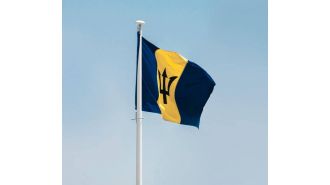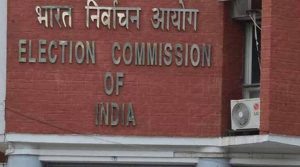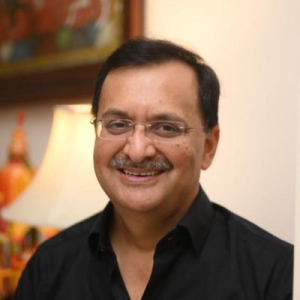A decision on whether to overturn Trump's hush money conviction is delayed by a judge.
Judge delays decision on Trump's hush money conviction as prosecutors weigh options after his election victory.

A judge has decided to put off making a ruling on President-elect Donald Trump's conviction in his hush money case, as prosecutors reevaluate their approach in light of last week's election. Trump's lawyers are arguing for the case to be dismissed so that he can focus on running the country.
This postponement comes at a pivotal moment in the case, which centers on how Trump handled payments to a porn actor before the 2016 election. It resulted in the first-ever conviction of a former president, and a sentencing date was originally set for November 26. However, prosecutors are now reassessing their strategy and are open to the possibility that the proceedings may not go as planned.
"This is an unprecedented situation," wrote prosecutor Matthew Colangelo in an email to the court. He explained that they need to carefully balance the jury's verdict with the responsibilities of the presidency. On the other hand, Trump's lawyer Emil Bove argues that the case must be thrown out entirely to avoid any unconstitutional hindrances to Trump's ability to govern.
These messages were released in an email chain on Tuesday, which was also supposed to be the day of New York Judge Juan M. Merchan's ruling on Trump's earlier request to dismiss the conviction based on a US Supreme Court ruling on presidential immunity. Instead, Judge Merchan informed Trump's lawyers that he would be delaying the ruling until at least November 19 so that prosecutors could suggest a way forward. Both sides agreed to this one-week postponement.
Trump's campaign spokesperson Steven Cheung welcomed the delay, stating that the president-elect's victory clearly demonstrates the American people's desire to put an end to the politicization of the justice system, including this case which should have never been brought forth. However, prosecutors declined to comment on the delay.
In May, a jury found Trump guilty of falsifying business records related to a $130,000 payment to porn actor Stormy Daniels in 2016. The payment was made to purchase her silence about her alleged affair with Trump. The former president maintains his innocence and claims that the case was simply a political tactic to harm his campaign. It's worth noting that Trump is a Republican, while Manhattan District Attorney Alvin Bragg, who brought forth the case, is a Democrat, as is Judge Merchan.
A little over a month after the verdict, the Supreme Court ruled that ex-presidents cannot be prosecuted for actions they took while in office, and prosecutors cannot use those actions to support a case centered on personal conduct. Trump's lawyers used this ruling to argue that the jury was presented with evidence that should not have been admitted, such as Trump's presidential financial disclosure form and testimony from White House aides. However, prosecutors disagree and claim that this evidence was only a small part of their case.
Trump's conviction was the first of its kind for any former president. At the age of 78, he faced the possibility of a fine, probation, or up to four years in prison. The case revolved around how Trump accounted for reimbursing his personal attorney for the payment to Daniels. The attorney, Michael Cohen, initially paid the money and was later reimbursed through a series of payments that were categorized as legal expenses by Trump's company. Trump, who was in the White House at the time, signed most of the checks himself.
Prosecutors argued that these payments were meant to conceal the true nature of the transactions and were part of a larger effort to prevent voters from hearing damaging allegations about Trump during his first presidential campaign. Trump, on the other hand, maintains that Cohen was legitimately compensated for his legal services, and the hush money was paid to protect his family's reputation, not to influence the election. It's important to note that Trump was a private citizen when the payment was made, but he was president when Cohen was reimbursed. Cohen also testified that they discussed the repayment arrangement in the Oval Office.
For months, Trump has been trying to overturn his conviction. He has also been attempting to move the case to federal court, but a judge has repeatedly denied this request. However, Trump has appealed this decision, and the case is still pending. In addition to this case, Trump is facing three other unrelated indictments in various jurisdictions.
According to a source familiar with the matter, Justice Department special counsel Jack Smith is currently reviewing how to resolve two cases against Trump before he takes office – the 2020 election interference case and the classified documents case. This person spoke on the condition of anonymity because they were not authorized to discuss the matter publicly. Under longstanding Justice Department policy, sitting presidents cannot be prosecuted.
Meanwhile, a case in Georgia related to election interference against Trump has been put on hold while he and other defendants appeal a judge's ruling that allows Fulton County District Attorney Fani Willis to continue prosecuting the case.










